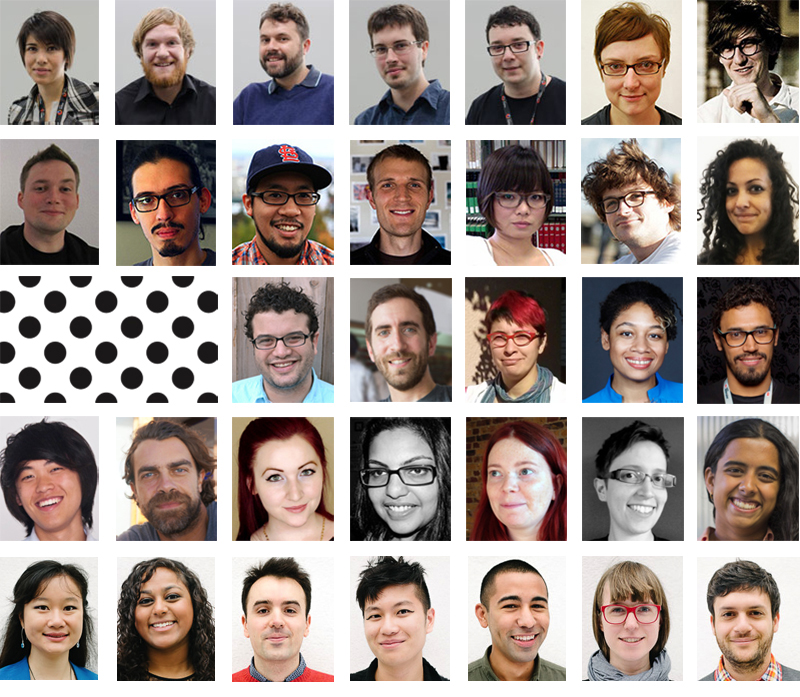What It Is Really Like to Be a Fellow
by Erika Owens
 Twenty six people have had the chance to become Knight-Mozilla Fellows. They’ve spent 10 months in newsrooms, created bunches of GitHub repos, and traveled the world sharing their work. And, until August 26, you have a chance to apply to join them.
Twenty six people have had the chance to become Knight-Mozilla Fellows. They’ve spent 10 months in newsrooms, created bunches of GitHub repos, and traveled the world sharing their work. And, until August 26, you have a chance to apply to join them.
We’ve asked those folks to share their experiences so you can get the details directly from the people who have been there.
Livia Labate, the Knight-Mozilla Fellow at NPR, led off this year’s series of blog posts, which each current fellow will publish over this week and next. Livia reflected on the 11 major projects she’s worked on already (and can you believe it, she’s only halfway through the fellowship?). She also laid out how she manages her day to day work and how she has approached her fellowship overall:
To me, how the fellow approaches the fellowship can be seen (and planned) from these three perspectives. (I framed these as questions tso myself to make it easier to remember and answer):
Q1: What/how am I doing towards my main objective/reason for doing this?
Q2: What/how am I contributing to my newsroom/team?
Q3: What/how have I engaged with my peeps across the community?
You can use this to plan how you're going to tackle these brief 10 months as well as to assess what you are trying at any given time (taking stock of what you have done and what you have planned next on a weekly basis is a good level of granularity and keeps you honest/sane).
Livia knew that “the fellowship was the right thing at the right time” for her and how to make the most of it. She’s documented that process so you can benefit from it as well.
Francis Tseng, one of the fellows with The Coral Project, has also documented his work and process throughout his fellowship. With Tara Adiseshan, the other fellow with The Coral Project, he has conducted research into online communities. And his research has grown from there:
A huge part of the fellowship is learning, which is something I love but have had to carve out my own time for. Here, it's part of the package. I've had ample opportunity to really dig into the sprawling landscape of machine learning and AI (my in-progress notes are here), something I've long wanted to do but never had the space for.
The applications for the 2016 fellowship are open, and I encourage you to apply. Rub shoulders with fantastic and talented folks from a variety of backgrounds. Pursue the questions that conventional employment prohibits you from. Explore topics and skills you've never had time for. It's really what you make of it. At the very least, it's a unique opportunity to be deliberate about where your work takes you.
Kavya Sukumar, the fellow with Vox Media, also heralded the unique opportunity the fellowship and journalism offers to developers. Kavya puts it simply: “Technologists should learn to work with newsrooms.” She left Microsoft three years ago to work in journalism and through the fellowship she has been able to spend “10 months getting paid to do things you never thought anyone got paid to do.” Plus, after three years of answering questions about making the switch, she put together a handy FAQ, including:
How is working in a newsroom different?
For starters, you work with a lot of different people. Not just engineers. You get to work on big impactful projects with truly inspiring people.
A big change for me was the length of the projects. Most projects are short. You learn new technology faster because every project is different and new projects come by very often. You get to make more opensource contributions and secretly revel in the growing star count on your GitHub repo.
And best of all the journalism tech community is very welcoming and awesome.
This year, we’re looking for seven folks to join the fellowship and become leaders in that welcoming journalism tech community. If these posts have piqued your curiosity, stay tuned for more pieces next week. Plus, you can join the OpenNews community call at 11am Eastern Time on August 5 for an open questions and answers session with the fellows. Once all your questions are answered, be sure to apply before midnight Eastern on August 21.
The latest from the OpenNews team
Our next step in community-driven leadership: an Advisory Council
Read all our news in our OpenNews blog

